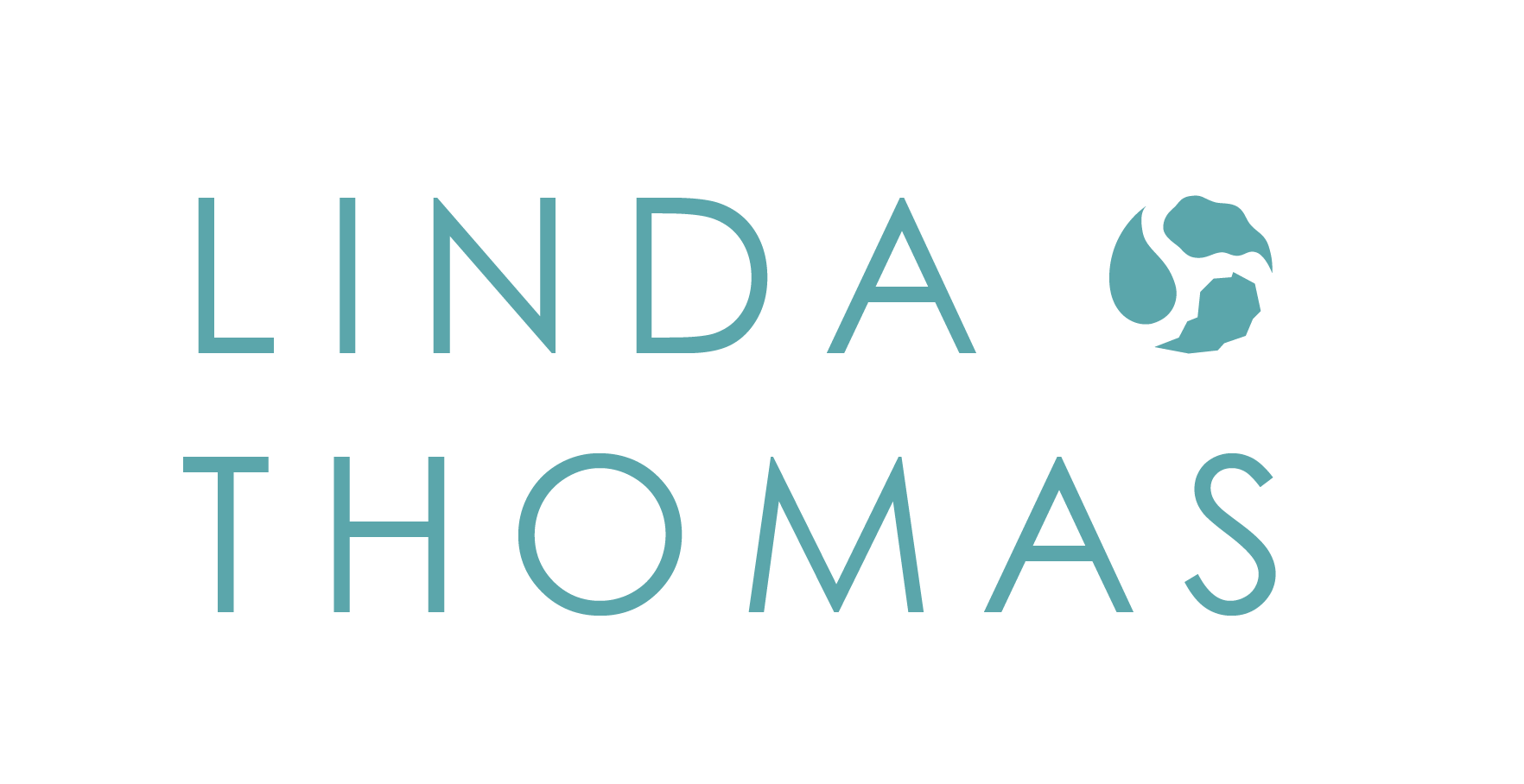A cleaning lady shares life lessons she learnt
October 29, 2019 05:27 pm | Updated October 30, 2019 03:24 pm IST
Linda Thomas on the life lessons learnt being a cleaning lady
Two days after Deepavali, most homes show they underwent thorough cleaning, an annual ritual that most premises, including commercial ones go through for the festival. “If you maintain a clean home, you don’t need big cleaning during festivals and every day is a celebration,” says Linda Thomas, author of Why Cleaning Has Meaning: Bringing Wellbeing Into Your Home . A Swiss national, 66-year-old Linda was recently at Sloka The Hyderabad Waldorf School speaking on the value and impact of cleaning to students and parents. For those who consider cleaning a thankless chore, Linda begs to differ. She spent her life as a cleaning lady, ran an ecological cleaning company for two decades before penning the bestseller.
Linda Thomas
Linda collected material for nine years for the book before writing it in six months. Chapters in the book have information about her and the history of cleaning, pedagogical and ecological aspects of cleaning, sources of help, messy and hoarding syndrome (that some of us have), sacredness of objects and how we should handle and care for them. Practical aspects of cleaning, removing stains and the products that one can use are also discussed in the book.
Having grown up in South Africa, Linda married young and moved to Bago, the German part of Switzerland. She took up a cleaning job to finance her children’s education. “I had a choice of other professions but I opted cleaning as this work gave me freedom to clean at nights and spend more time with my children when they came back from school,” she says.
Even when she ran a cleaning company and had women working under her, she did most of the cleaning herself. From private houses, schools to university buildings, she cleaned it all and handled the contracts personally. “Nobody knows the condition of society better than the cleaning person; you get to know people from different sides. And, if you cannot do what you love, then love what you do and I decided to love cleaning,” she laughs.
In the last six years of her professional life, she was responsible for the housekeeping of a hospital and trained people for her way of cleaning, which is ‘to be attentive, observe what the room needs and love the space.’ “If we are not devoted to the space, negative energy fills the room,” she says recalling observing a woman in South Africa cleaning the path in front of her house in a certain way. “She cleaned the path with such care that only good spirits are allowed to walk on it.” When we tell her about the South Indian custom of daily ritual of cleaning in front of houses and creating artistic rangoli , she feels the cleaning part of most cultures is on the verge of being lost. “Most children are not taught to clean any more. They learn some cleaning in school but they do not practice it at home,” she says.
She looks at cleaning as a therapy and how children behave when their rooms are clean. “In classrooms, when I see disinterested children, I talk about cleaning. When they realise I am proud of cleaning, they listen. I like them to experience and wake up to new possibilities.”
Having cleaned many Swiss homes, she reveals Switzerland is clean only on the surface. “The Swabians have a culture of cleaning and there are certain Dutch families who do housekeeping with love.” Since her retirement, she travels around the world giving lectures and holding workshops. “It is okay to have people to clean your house but it is important to treat the person with respect and honour and teach your children also to do so. They feel honoured and respected for what they do.”
Not judging people has been one of her lessons in this journey. “I always think of my tough days and know that there must be moments that may not be easy. A bit of disorder is okay than having house which is clean but sterile. Home is having a space that you care and clean with love.”
